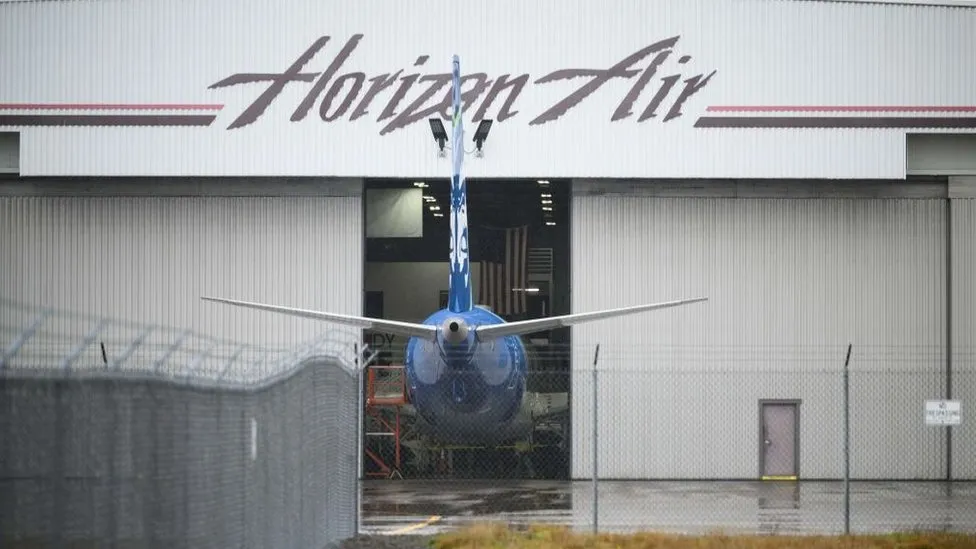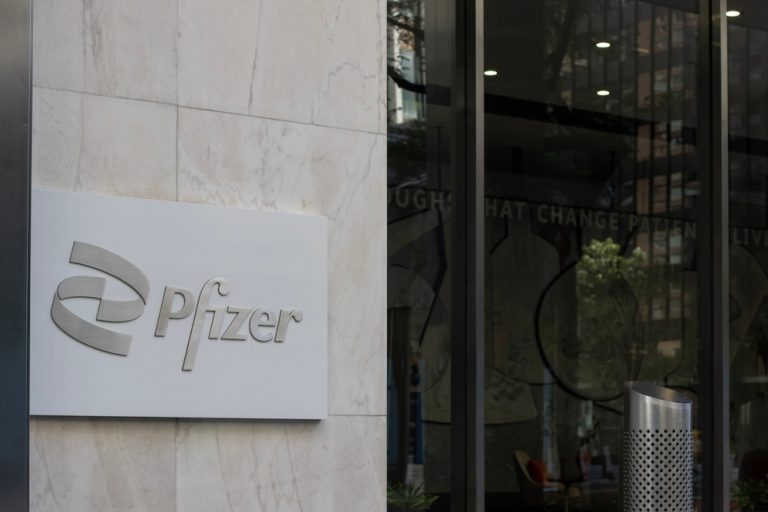The aviation industry faces a significant challenge as the Federal Aviation Administration (FAA) continues its rigorous inspection of Boeing planes following a distressing incident on January 5th, where a cabin panel detached from one of its jets during flight. This alarming event prompted the FAA to ground 171 Boeing aircraft, underscoring the urgent need for thorough safety reviews and immediate corrective actions.
US officials have reported the completion of inspections on an initial batch of the grounded planes, yet the timeline for their return to the skies remains uncertain. The FAA’s meticulous examination has covered 40 jets. Still, the agency has not disclosed any findings or provided a schedule for when the aircraft might be deemed safe for operation. Airlines, notably Alaska Airlines and United, which possess most of the impacted fleet, have faced considerable disruptions, cancelling hundreds of flights and grappling with the logistical fallout of the grounding.
The incident has reignited concerns over Boeing’s manufacturing processes and the FAA’s oversight capabilities. The revelation of preliminary issues, such as loose bolts, during the inspections adds to the growing apprehension about aircraft safety and the effectiveness of current quality control measures. The FAA’s commitment to reviewing the inspection outcomes for the first batch of planes before extending the process to all grounded aircraft indicates a cautious approach to ensuring airworthiness and passenger safety.
Complicating matters further are the lawsuits filed by passengers of the affected Alaska Airlines flight, who experienced intense fear and trauma when a cabin panel blew out shortly after takeoff. The emotional distress, compounded by allegations of non-functional air masks, paints a grim picture of the potential risks associated with aviation manufacturing and maintenance lapses.
In response to these mounting concerns, the FAA has broadened its scrutiny to include Boeing’s manufacturing practices and the operations of its key supplier, Spirit AeroSystems. The agency is also reconsidering the controversial quality review system that allows Boeing personnel to assume many regulatory responsibilities, which has drawn criticism for possible conflicts of interest and insufficient oversight.
The pressure on Boeing and the FAA to provide answers and ensure air travel safety is intensifying, especially in light of Boeing’s troubled history with the 737 Max crashes in 2018 and 2019. These tragic incidents, attributed to flawed design and lax regulatory oversight, have left a lasting stain on Boeing’s reputation, necessitating comprehensive reforms in its production practices and quality assurance protocols.
Senator Maria Cantwell’s call for transparency and accountability from the FAA underscores the critical need for effective oversight and stringent safety standards in the aviation industry. As Boeing endeavours to mend its tarnished image and regain public trust, the company’s admission of its shortcomings and the decision to engage an external party for production assessment reflect a potential turning point in its commitment to safety and reliability.
The grounding of Boeing planes and the ongoing FAA inspections are a stark reminder of the paramount importance of safety in aviation. As the industry awaits the resolution of these pressing issues, the focus remains on safeguarding passenger welfare and restoring confidence in the integrity of aircraft manufacturing and regulatory oversight.






















+ There are no comments
Add yours